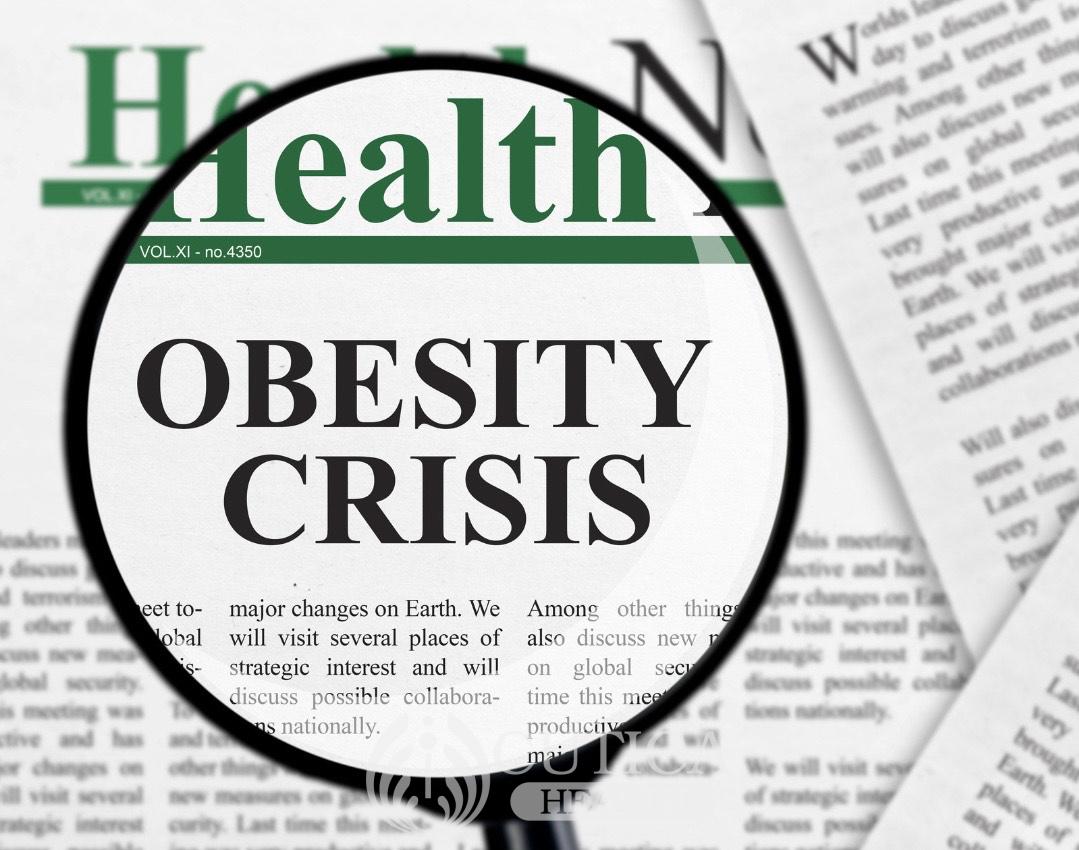
‘Tade had been battling this cough for several months now that comes with tightness of his chest. He has not been taking it seriously. I feel very concerned about it, and I hope he does not end up with some form of respiratory arrest” Keji said. Tade has always been a heavy smoker for the last 20 years, smoking about 20 sticks a day, I suspect his lungs may be giving in”
What is Chronic Obstructive Pulmonary Disease?
Chronic obstructive pulmonary disease (COPD) is a chronic inflammation of the airway causing obstruction and trouble breathing. The condition usually results from long-term exposure to an irritant, mostly cigarette smoke, which causes swelling, excess mucus production, and irritation of the airways. COPD may cause several complications if not managed, including heart disease and respiratory arrest.
Although COPD is a progressive disease that gets worse over time, it is completely treatable and most people can achieve good symptom control if they take the right steps.
Symptoms of COPD
Symptoms of COPD usually do not appear until after significant damage to the lungs by cigarette smoke exposure, for example. Common symptoms of COPD include:
- Chest tightness
- Cough
- Shortness of breath, particularly with physical exertion
- Chronic cough with greenish, brown, or yellow sputum
- Frequent chest infections
- Weight loss
- Fatigue
If COPD results in complications, such as heart failure, symptoms that may occur include:
- Swelling in feet and ankles
- Rapid heart rate
- Blueness of lips and fingertips
These symptoms require urgent medical attention.
Causes and Risk Factors of COPD
The main cause of COPD is tobacco smoking; however, other irritant gases, such as fumes from burning fuel and heating, may also cause COPD.
Over a period of time, cigarette smoke and the irritant gases damage the airway linings, causing them to lose their elasticity. So, when you breathe in, your lungs do not take in as much air, and when you breathe out, your lungs do not exhale fully because they have lost their elastic recoil. Further, the chronic irritation of the lungs causes excess mucus production, which also blocks airflow.

Pipe smokers, cigar smokers, and marijuana smokers are at a high risk of COPD, being the most significant risk factor for the disease. Other risk factors include:
- Genetics: People may have genetic problems that predispose the lungs to damage, causing obstructive problems.
- Exposure to other irritant gases, such as fumes from burning fuel
- Exposure to occupational air hazards, including dust and chemical fumes
- Asthma: People with asthma may have a higher risk of developing COPD.
Treatment and Prevention of COPD
People with mild COPD may need little medical intervention and benefit from simple lifestyle changes, such as smoking cessation and avoiding irritants. Those with more frequent and disturbing symptoms will benefit from medical interventions.
Treatment for COPD includes:
- Bronchodilators: These are medicines administered to expand the airway by relaxing the muscles around them. This helps to relieve some of the symptoms, including shortness of breath and cough.
- Inhaled steroids: Inhalers containing steroids are also invaluable in reducing the airway irritation in COPD. It also helps to prevent flare-ups. Inhalers may also combine steroids with bronchodilators to enable both actions.
- Oxygen therapy: Sometimes, the above may not be enough and the lungs may be having significant difficulty taking in sufficient amounts of oxygen. In this situation, oxygen is administered through special devices through the nose.
- Surgery: In very severe cases, surgery, including lung transplant, may be necessary when other methods of treatment have failed.
COPD is a chronic inflammatory condition of the lungs, causing significant breathing problems. It is usually caused by exposure to irritant gases, especially cigarette smoke, and is usually progressive and irreversible. If managed early and properly, patients can reduce the rate of progression of the disease and experience milder symptoms and less frequent flare-ups. 












